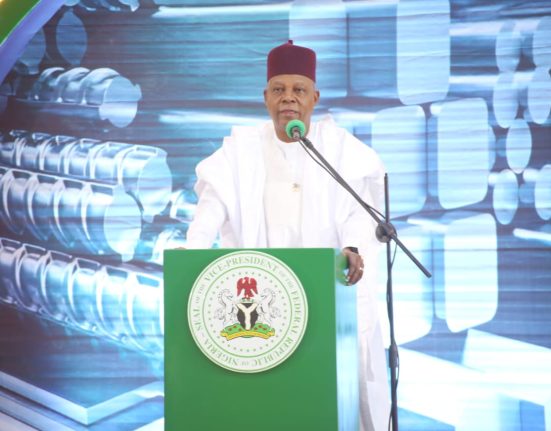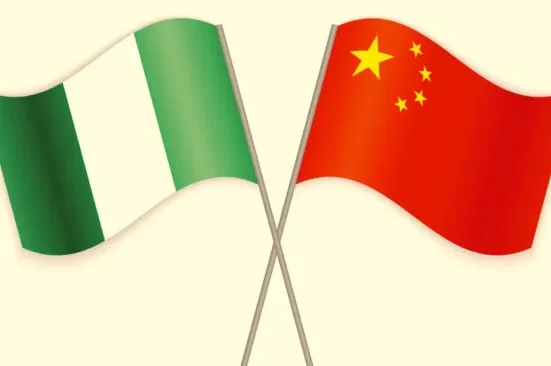In what was both a symbolic return and a heartfelt message, Malaysian Prime Minister, Dato’ Seri Anwar Ibrahim, delivered a powerful address to the academic community of the International Islamic University Malaysia (IIUM), an institution he helped bring to life. His speech, deeply reflective and visionary, called on the university to stay true to its founding ideals by educating future leaders who will serve humanity through peace, justice, and the dignity of the human person.
Speaking from a place of personal connection, Anwar reminded the IIUM community that the essence of education goes beyond academic qualifications. He stressed that education must be a transformative process that shapes individuals into thoughtful, ethical, and responsible members of society. According to him, universities must not become mere factories of information. Instead, they are to cultivate understanding and moral clarity that translates into wisdom—a quality increasingly scarce in today’s fast-paced world of artificial intelligence and information overload.
He asserted that the sacred duty of institutions of higher learning lies in helping students discover purpose, grow in integrity, and develop a deep sense of accountability. He called on students and scholars alike to ask themselves the profound question: Why are we here? The answer, he said, should lead to the realization that the pursuit of knowledge is not an end in itself, but a responsibility to use that knowledge to serve others and build a better world.
Dato’ Seri Anwar highlighted the crucial role universities like IIUM must play in responding to contemporary challenges by remaining grounded in their values. He reminded the audience that the university was conceived as a centre of excellence—an intellectual sanctuary to raise graduates who are not only academically sound but also morally upright, compassionate, and free from all forms of extremism.
He emphasized that Islam, as a complete way of life, promotes mercy, justice, and peace. As such, IIUM must continue nurturing students who embody these values in their conduct, careers, and contributions to society. In a university that hosts students from diverse backgrounds—including those from conflict zones and marginalized communities—there is an even greater duty to uphold tolerance, inclusivity, and mutual respect.
Calling for practical action, Anwar urged the university to remain steadfast in its role as a moral compass, setting the tone for excellence in thought and conduct. He reiterated that peacebuilding, social justice, and the fight against poverty and inequality must be central to IIUM’s institutional mission. According to him, real education produces individuals who are not just knowledgeable but are equipped with wisdom and the courage to stand for what is right.
He charged the university’s lecturers and staff to embrace their roles as murabbis—not just educators but mentors—who must guide students in both academic and ethical development. He noted that institutional values should be reflected not only in the classroom but also in administrative processes, interpersonal conduct, and scholarly culture. IIUM, he added, must remain a “garden of knowledge and virtue,” echoing its founding aspiration.
Addressing the students directly, Anwar encouraged them to make the most of their time within the university by actively engaging in intellectual life, seeking mentorship, and allowing the experience to shape their worldview. He reminded them that student life, though short, is a defining period that shapes values and purpose. As future graduates, he said, they must go into the world as true ambassadors of ilm (knowledge), hikmah (wisdom), and adl (justice), representing IIUM’s legacy through their words, actions, and commitment to truth.
In closing, the Malaysian leader called on IIUM to continue setting the pace for the Muslim world and beyond, as a unique institution where faith is harmonized with reason, and tradition is balanced with modernity. Education, he said, is a divine trust, and those who possess it must serve humanity with sincerity, discipline, and conscience.
His message was clear and resonant: IIUM must remain a light in an increasingly divided world—a university that stands firm in its mission to produce graduates who are intellectually courageous, ethically grounded, and deeply committed to justice and peace.
The reflection was captured and endorsed by Professor Shukran Abd Rahman of the Department of Psychology, AbdulHamid AbuSulayman Kulliyyah of Islamic Revealed Knowledge and Human Sciences, who praised Anwar’s vision. A renowned scholar in the areas of organisational psychology and academic development, Prof. Shukran emphasized that this call to action aligns with the university’s long-term goals of fostering employability, integrity, and socially responsible graduates prepared to make lasting impact in a changing world.







